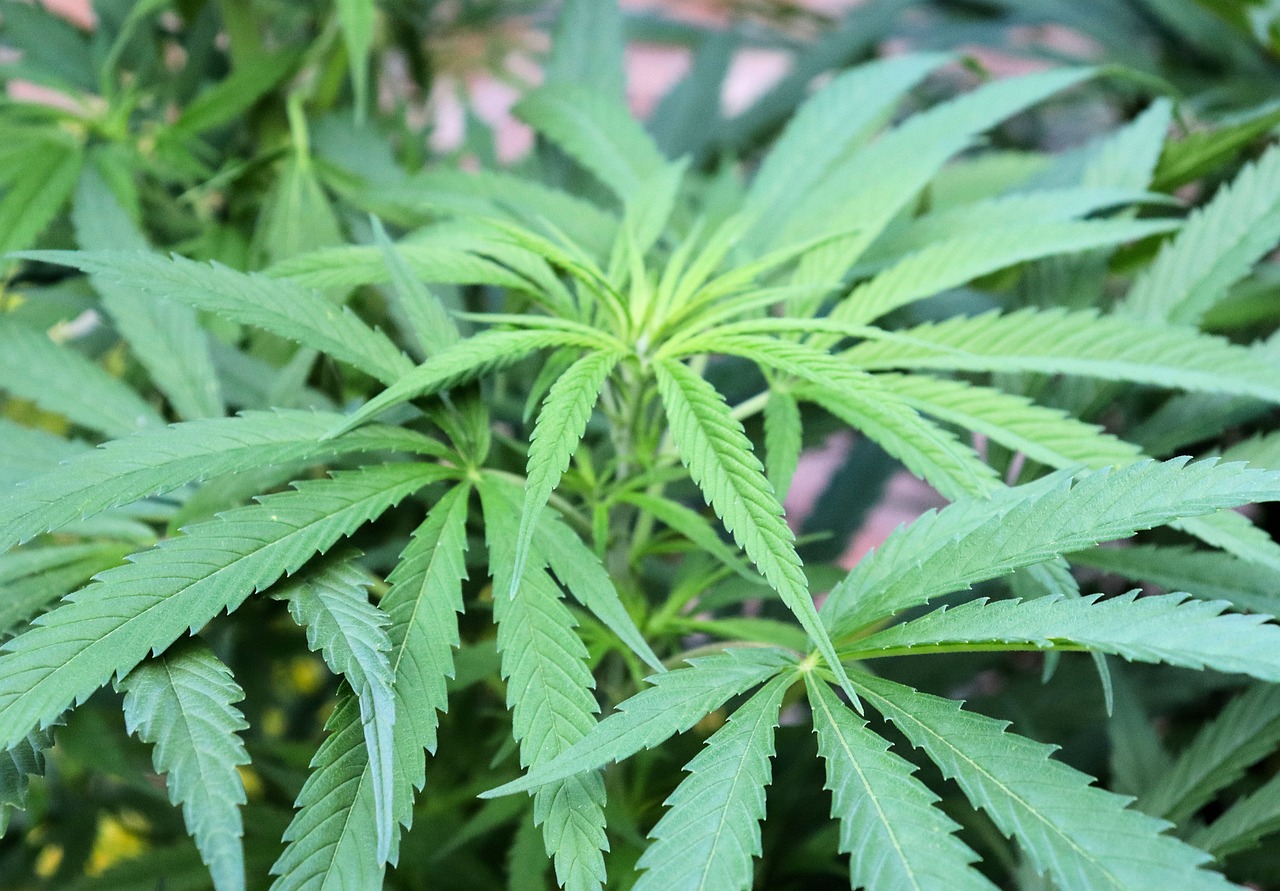In recent years, the cannabis industry has seen a surge in interest surrounding non-psychoactive compounds. Among these, THCA (tetrahydrocannabinolic acid) has emerged as a promising option for those seeking therapeutic benefits without the high associated with THC. This article explores the potential of Understanding THCa flower potency as a therapeutic alternative, its benefits, and its growing popularity.
Understanding THCA: The Basics
THCA is a cannabinoid found in raw and live cannabis plants. Unlike THC, THCA does not produce psychoactive effects. This is because THCA must be decarboxylated, a process that involves heating, to convert into THC. In its raw form, THCA offers a range of potential health benefits without altering the user’s state of mind.
The Therapeutic Potential of THCA
Research into THCA is still in its early stages, but preliminary studies and anecdotal evidence suggest several therapeutic applications:
- Anti-Inflammatory Properties: THCA has shown promise in reducing inflammation, which can be beneficial for conditions like arthritis and inflammatory bowel disease.
- Neuroprotective Effects: Some studies indicate that THCA may help protect brain cells, potentially offering benefits for neurodegenerative diseases such as Alzheimer’s and Parkinson’s.
- Anti-Emetic Benefits: THCA may help reduce nausea and vomiting, making it a potential option for patients undergoing chemotherapy.
- Appetite Stimulation: Like THC, THCA may help stimulate appetite, which can be beneficial for individuals with eating disorders or those undergoing treatments that affect appetite.
Case Studies and Research
While comprehensive clinical trials are limited, several case studies and smaller research projects have highlighted the potential of THCA:
- A study published in the British Journal of Pharmacology found that THCA exhibited anti-inflammatory properties in animal models, suggesting its potential for treating inflammatory conditions.
- In a case study involving a patient with epilepsy, THCA was reported to reduce seizure frequency, highlighting its potential as an anticonvulsant.
- Research conducted by the University of Guelph demonstrated THCA’s ability to protect neurons in vitro, supporting its neuroprotective claims.
THCA vs. THC: Key Differences
While both THCA and THC originate from the same plant, their effects and applications differ significantly:
- Psychoactivity: THCA is non-psychoactive, making it suitable for individuals seeking therapeutic benefits without the high.
- Legal Status: In many regions, THCA is legal due to its non-psychoactive nature, whereas THC is often subject to stricter regulations.
- Consumption Methods: THCA is typically consumed in its raw form, such as in juices or smoothies, to preserve its non-psychoactive properties.
How to Use THCA Flower
For those interested in incorporating THCA into their wellness routine, several methods are available:
- Raw Consumption: Consuming raw cannabis leaves or flowers in smoothies or salads is a popular method to intake THCA.
- Tinctures and Oils: THCA tinctures and oils offer a convenient way to measure and consume precise doses.
- Topicals: THCA-infused creams and balms can be applied directly to the skin for localized relief.
The Growing Popularity of THCA
As awareness of THCA’s benefits spreads, its popularity continues to rise. Consumers are increasingly seeking non-psychoactive options for health and wellness, and THCA fits this demand. The cannabis industry has responded by developing a range of THCA products, from edibles to topicals, catering to diverse consumer needs.
Challenges and Considerations
Despite its potential, THCA faces several challenges:
- Lack of Comprehensive Research: More studies are needed to fully understand THCA’s effects and potential applications.
- Regulatory Hurdles: The legal status of THCA can vary, complicating access for consumers in certain regions.
- Standardization: Ensuring consistent quality and potency in THCA products remains a challenge for manufacturers.
Conclusion
THCA flower presents a promising therapeutic alternative for those seeking the benefits of cannabis without psychoactive effects. With its potential anti-inflammatory, neuroprotective, and anti-emetic properties, THCA offers a range of applications for various health conditions. As research progresses and consumer interest grows, THCA is poised to become a significant player in the wellness industry. By understanding its benefits and challenges, individuals can make informed decisions about incorporating THCA into their health regimen.
